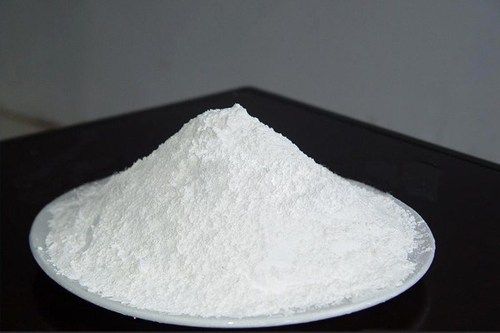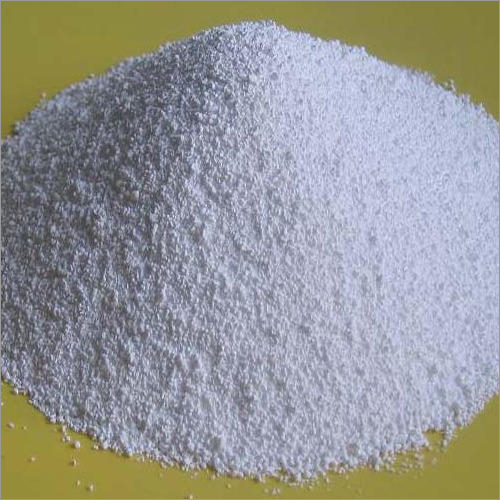
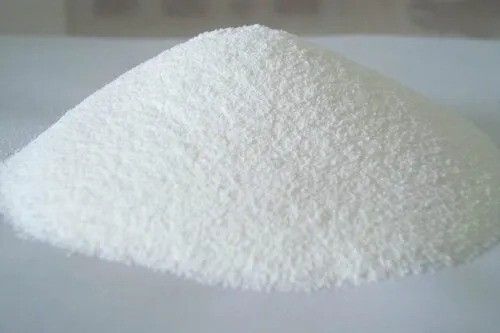
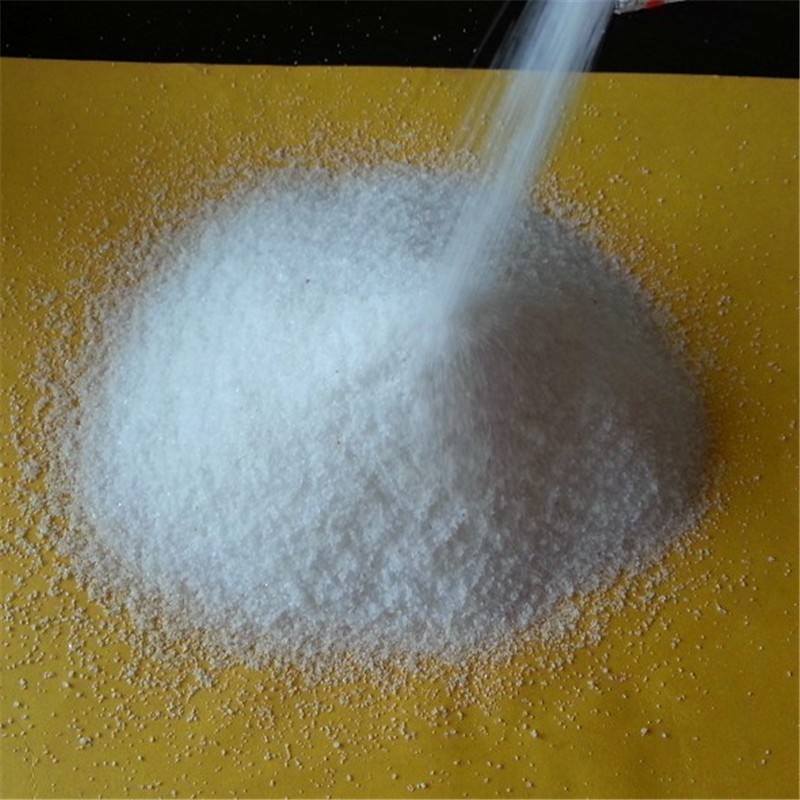
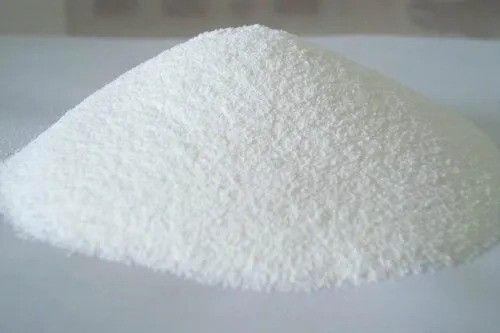
Potassium Sulphate
Product Details:
- HS Code 31043000
- Melting Point 1,069 C
- Molecular Weight 174.259 g/mol GSM (gm/2)
- Flash Point Non-flammable
- Place of Origin Ankleshwar, Gujarat, India
- Solubility highly soluble in water
- Boiling point 1,689 C
- Click to view more
Potassium Sulphate Price And Quantity
- 20 Kilograms
Potassium Sulphate Product Specifications
- Solubility
- White
- Pharmaceutical Industrial Fertilizer
- Dry Place
- K2SO4
- pH 7
- 31043000
- 1,069 C
- 174.259 g/mol GSM (gm/2)
- Non-flammable
- Ankleshwar, Gujarat, India
- highly soluble in water
- 1,689 C
Potassium Sulphate Trade Information
- Cash Against Delivery (CAD) Cash Advance (CA) Cash in Advance (CID)
- 50000 Kilograms Per Week
- 4 Days
- Free samples are available
- 50 kg HDPE bag . 25 kg HDPE bag and as per your Requirement
- ISO 9001:2015 CERTIFECATED COMPANY
Product Description
Nasit Pharmachem is a Manufacturer, Supplier & Expoter of High Quality of Inorganic Salt & Chemical.
Potassium sulfate, also known as sulphate of potash (SOP), is a chemical compound that is commonly used as a fertilizer and has various industrial applications. Here is a description of potassium sulfate:
Potassium sulfate is a white crystalline powder or colorless crystals with a molecular formula of K2SO4. It is soluble in water, with a solubility of approximately 110 grams per liter at 20C. The pH of a 5% solution of potassium sulfate is around 7, making it neutral. It has a density of 2.66 grams per cubic centimeter in its solid form.
In terms of its physical properties, potassium sulfate has a melting point of 1,069C (1,956F), at which it decomposes. This compound is commonly used in agriculture as a source of potassium, which is an essential nutrient for plant growth. It is particularly favored for crops that require high potassium levels, such as fruits, vegetables, and tobacco.
Apart from its role in fertilizers, potassium sulfate also finds applications in industrial processes, pharmaceuticals, and food additives. It is utilized in the manufacturing of glass, ceramics, and textiles, as well as in the production of potassium alum, a compound used in water purification and as an astringent in various industries. Potassium sulfate is also sometimes used in pharmaceutical formulations and as a food additive in certain products.

Price:
- 50
- 100
- 200
- 250
- 500
- 1000+







